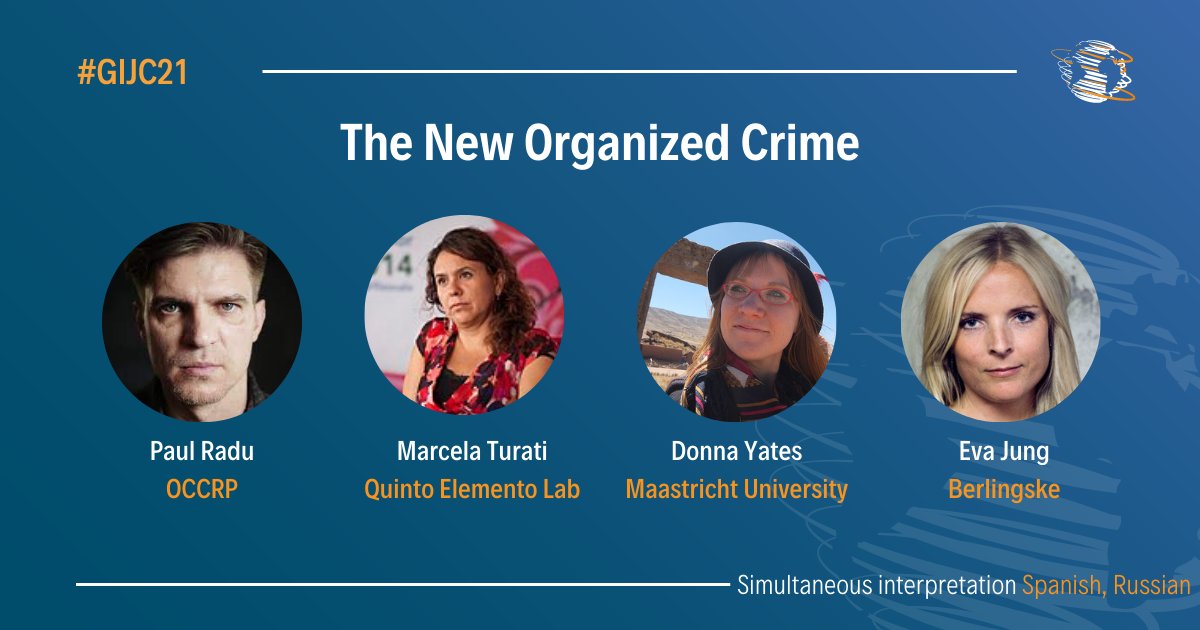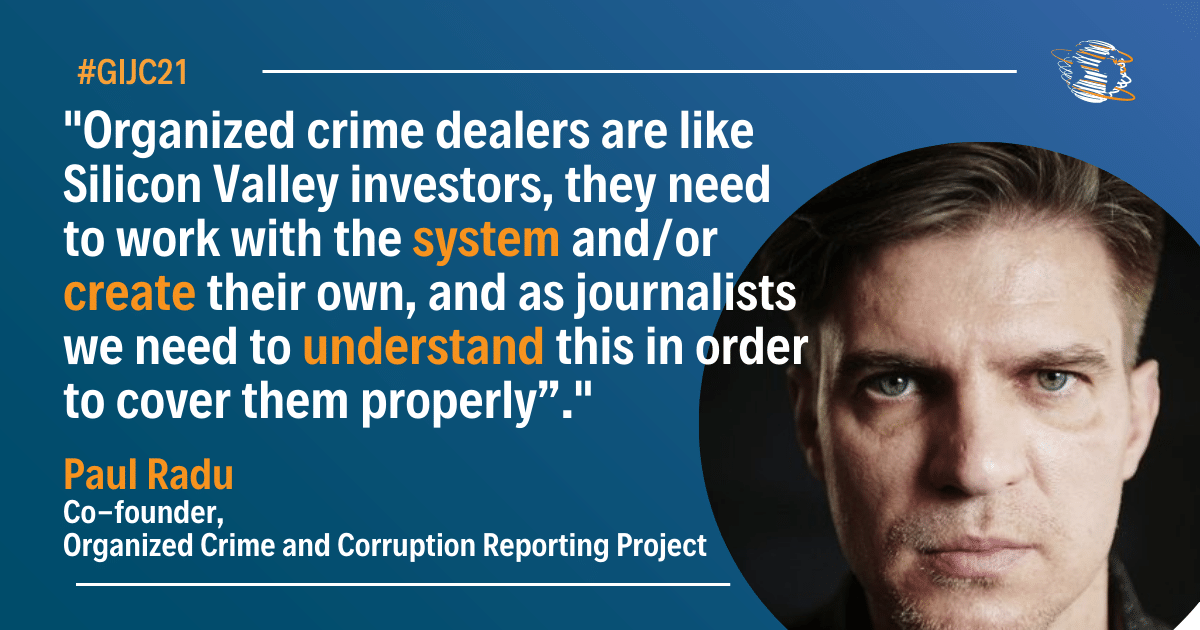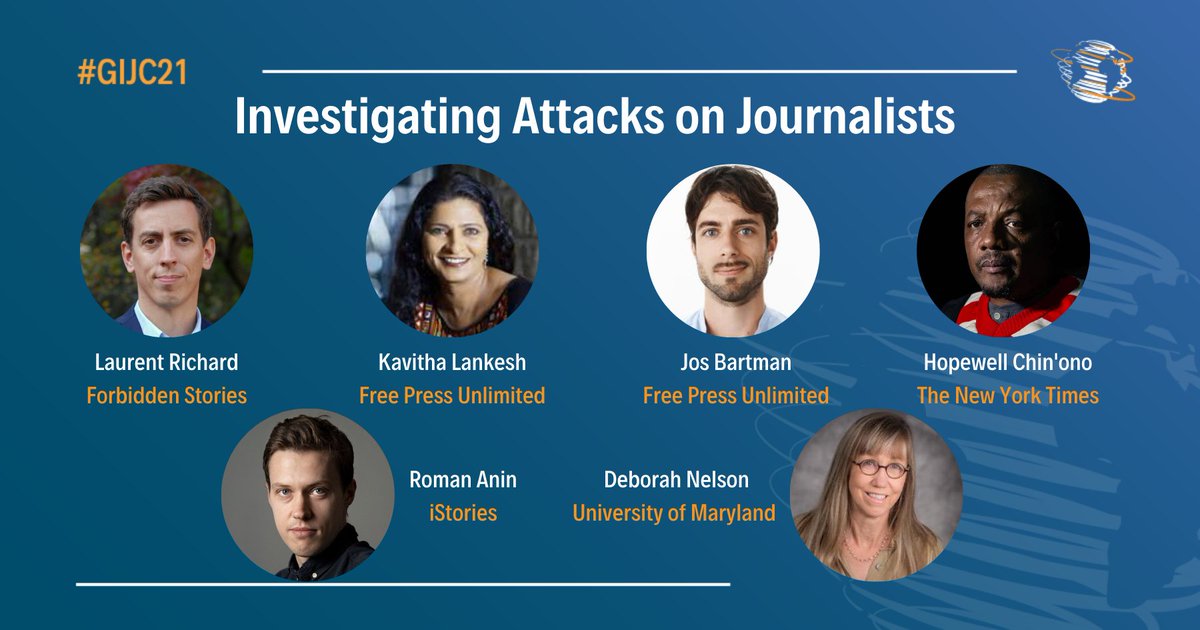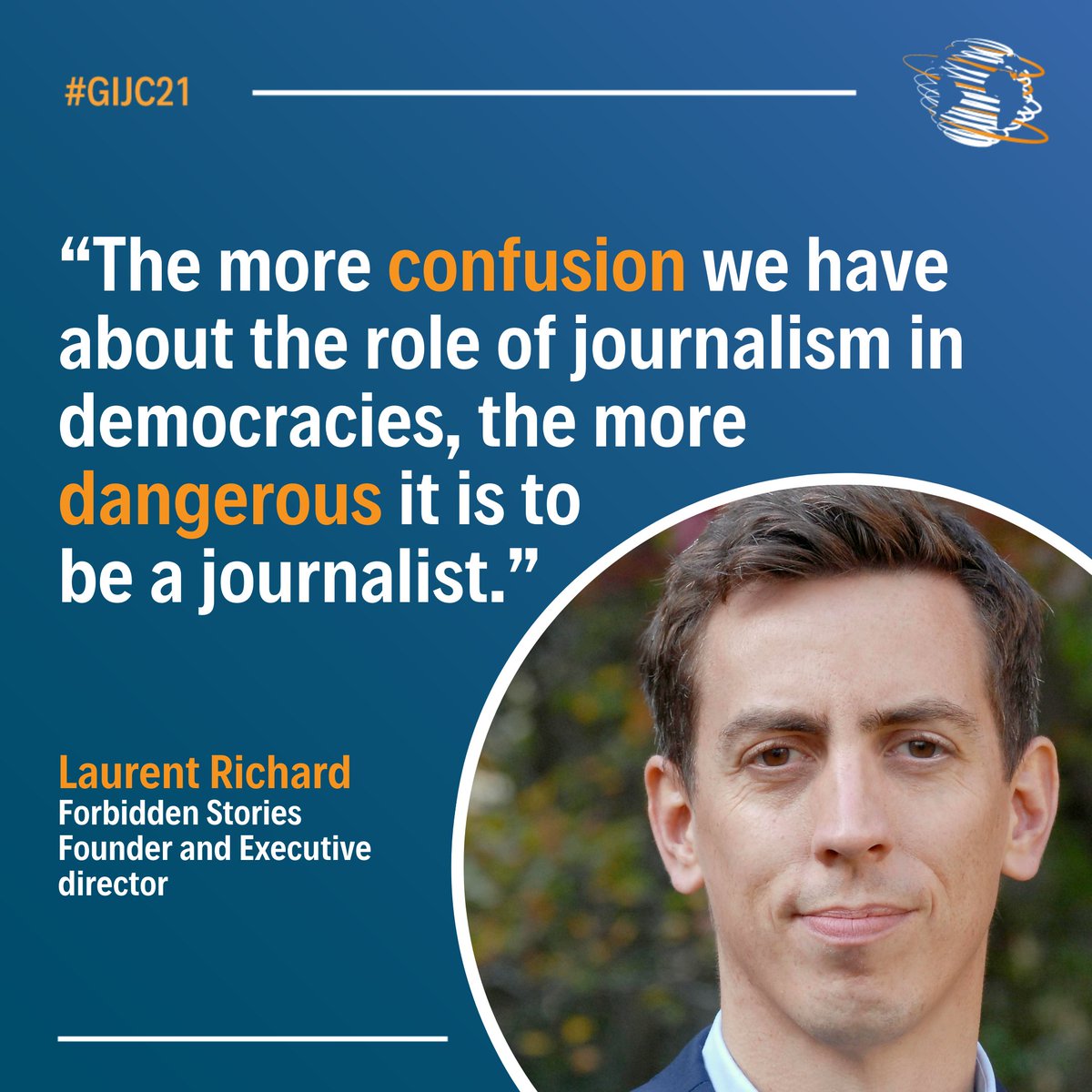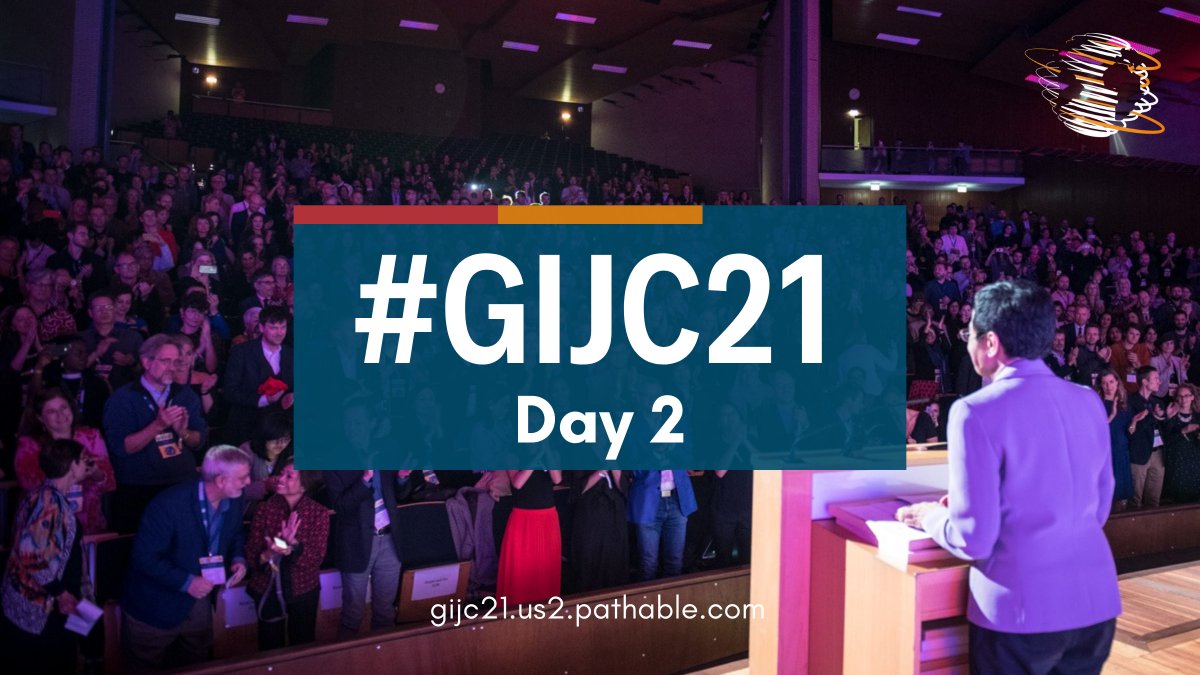
📣 NEW! Organized crime is thought to be a trillion-dollar business. Today’s crime syndicates are multinational and enterprising.
🧵 We asked leading crime reporters to offer their hard-won advice on how to tackle complex and dangerous topics. 1/
gijn.org/2021/11/01/inv…
🧵 We asked leading crime reporters to offer their hard-won advice on how to tackle complex and dangerous topics. 1/
gijn.org/2021/11/01/inv…
🔍 We've chosen 9 key areas: criminal finance, narcotics, arms trade, environmental crime, forced disappearances, cybercrime, mafia states, human trafficking, and art and antiquities.
👇 Here's what you'll find in the guide edited by @reedfrich, @LauraDixon & @tanyapampalone. 2/
👇 Here's what you'll find in the guide edited by @reedfrich, @LauraDixon & @tanyapampalone. 2/

If you want to stop criminals from doing business as usual, you need to understand their model.
@OCCRP's Paul Radu, @IDashboard, explains how journalists can untangle a criminal organization's regional and global financial infrastructure. 3/
@OCCRP's Paul Radu, @IDashboard, explains how journalists can untangle a criminal organization's regional and global financial infrastructure. 3/
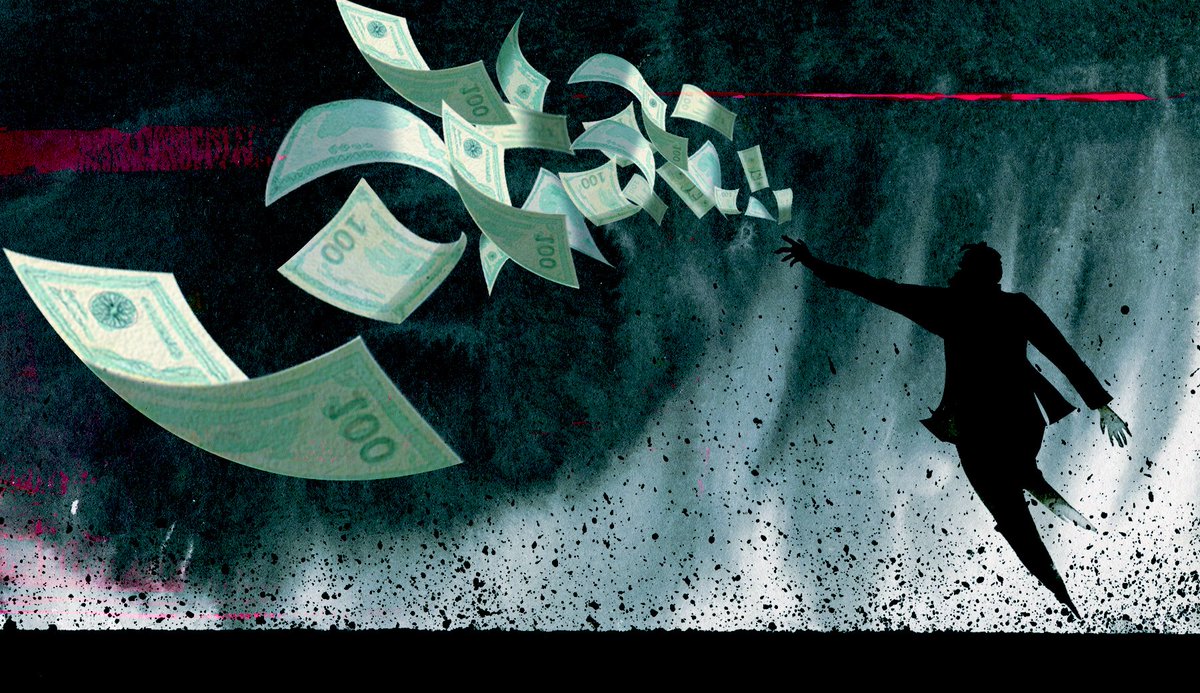
Drug trafficking is one of the world’s most lucrative illicit activities. For journalists, it can be a dangerous issue to cover.
@InSightCrime's @stevensdudley answers some key questions and shares best practices with reporters investigating this industry. 4/
@InSightCrime's @stevensdudley answers some key questions and shares best practices with reporters investigating this industry. 4/

While we often think of cybercrime as defined by “hacking,” there are many other types of crimes in the digital world.
@KateFazzini explains how to investigate them and gives journalists valuable tips. 5/
@KateFazzini explains how to investigate them and gives journalists valuable tips. 5/

Disappearing people benefits the perpetrators in several ways and considerably complicates any investigation.
@quintoelab's @marcelaturati highlights tips and tools for journalists reporting on political kidnapping and forced disappearances. 6/
@quintoelab's @marcelaturati highlights tips and tools for journalists reporting on political kidnapping and forced disappearances. 6/

All too often modern slavery is an evil hidden in plain sight, in a neighborhood massage parlor, or aboard a fishing boat moored at a local dock.
Pulitzer Prize-winning journalist @mendozamartha gives her tips for investigating human trafficking. 7/
Pulitzer Prize-winning journalist @mendozamartha gives her tips for investigating human trafficking. 7/

Investigative journalists are often the first to identify illicit, illegal, or corrupt activity involving arms.
@OCCRP's @KhadijaSharife explains how to cover arms trafficking and illegal weapons trade. 8/
@OCCRP's @KhadijaSharife explains how to cover arms trafficking and illegal weapons trade. 8/

Networks of business interests, government officials, and criminal groups run illegal operations that harm the environment in multiple ways.
@tobyjmcintosh offers tips and tools for journalists reporting on environmental crimes and climate change. 9/
@tobyjmcintosh offers tips and tools for journalists reporting on environmental crimes and climate change. 9/

The illicit trade in antiquities is a form of transnational crime that connects the theft at heritage sites to the elite world of the global art market.
@DrDonnaYates gives advice to journalists reporting on this issue. 10/
@DrDonnaYates gives advice to journalists reporting on this issue. 10/

What is the difference between mafia states and kleptocracies? And how can journalists investigate both?
@DrewOCCRP, co-founder and publisher of @OCCRP, writes about how to expose crime and corruption in different countries so the public can hold power to account. 11/
@DrewOCCRP, co-founder and publisher of @OCCRP, writes about how to expose crime and corruption in different countries so the public can hold power to account. 11/

🎉 Our new Reporter’s Guide to Investigating Organized Crime joins more than 100 guides for journalists in the GIJN Resource Center.
🎨 Illustrations are by @Annieillustrate.
💡 @andrea_arzaba was the project manager. 12/12
gijn.org/reporters-guid…
🎨 Illustrations are by @Annieillustrate.
💡 @andrea_arzaba was the project manager. 12/12
gijn.org/reporters-guid…
• • •
Missing some Tweet in this thread? You can try to
force a refresh





